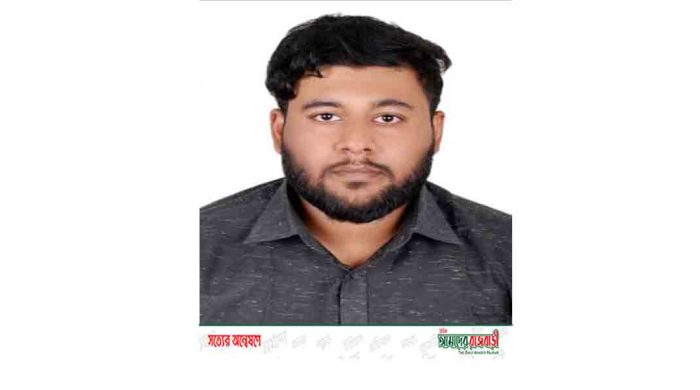


“Custodial Torture in Bangladesh:
A Call for Urgent Reforms”
Prappo Protim Saha
Student, School of LAW, BRAC University.
25 December 2024, Dhaka, Bangladesh
Bangladesh’s criminal justice system is once again under scrutiny as reports of custodial torture and deaths continue to surface, raising alarm both locally and internationally. Despite the enactment of the Torture and Custodial Death (Prevention) Act 2013, which was meant to address this issue, instances of abuse remain rampant, with law enforcement officials often escaping accountability.
Custodial torture and deaths are not isolated incidents in Bangladesh. Human rights groups have long criticized the country’s systemic issues in law enforcement, pointing to weak oversight, political interference, and a culture of impunity. A recent report by Transparency International Bangladesh (TIB) revealed that the lack of independent oversight over the police force is one of the key factors allowing torture in custody to persist. According to Human Rights Watch, Bangladesh continues to face widespread criticism for its failure to address these abuses, with detainees—often political opponents or marginalized individuals—being the primary victims.
International human rights standards, such as the United Nations Convention Against Torture (UNCAT), clearly prohibit torture under all circumstances. Bangladesh is a signatory to the treaty, but its implementation remains weak. In contrast, developed countries like the United Kingdom, Sweden, and Canada have adopted robust legal frameworks and oversight mechanisms to prevent such violations. For instance, the UK’s Police and Criminal Evidence Act 1984 sets clear guidelines on how detainees should be treated, and the Independent Office for Police Conduct (IOPC) ensures accountability for misconduct by law enforcement officers.
However, in Bangladesh, the picture is different. While the legal framework theoretically prohibits torture, enforcement is largely ineffective. Many argue that the Torture and Custodial Death (Prevention) Act has become more of a symbolic gesture rather than an enforceable legal standard. Court cases against police officers accused of torture are rare, and when they do occur, they often end without convictions due to insufficient evidence or political pressure.
Experts emphasize the need for reform. Legal scholars argue that Bangladesh must establish independent oversight bodies, similar to those in developed nations, to monitor and investigate incidents of police misconduct. The judiciary also plays a crucial role in ensuring that justice is served, but judicial activism in Bangladesh remains limited. Without strong legal and institutional reforms, human rights abuses in custody are likely to continue unabated.
One recent case that garnered widespread attention involved the custodial death of a political activist in 2023. The individual was allegedly tortured during police interrogation, leading to their death. Despite public outcry and media attention, no significant legal action has been taken against the officers involved. This case, along with many others, exemplifies the failures of the justice system in holding law enforcement accountable.
International organizations are urging Bangladesh to take immediate action. The United Nations Office of the High Commissioner for Human Rights (OHCHR) has called on the government to ratify the Optional Protocol to the Convention against Torture (OPCAT), which would allow for greater international monitoring of detention facilities. Experts believe that without this step, Bangladesh will continue to face international pressure and risk damaging its global reputation.
The path forward is clear: Bangladesh must strengthen its legal and institutional frameworks, enforce accountability for law enforcement, and protect the rights of those in custody. Only through meaningful reforms can the country hope to address the deep-rooted issue of custodial torture and ensure that human rights are upheld.
As Bangladesh stands at a critical juncture in its efforts to reform its justice system, it is clear that more needs to be done. Without strong enforcement of existing laws, the country risks further tarnishing its human rights record and subjecting countless individuals to the horrors of custodial torture. The international community, civil society, and legal experts are watching closely, calling for swift and decisive action to bring an end to these violations.